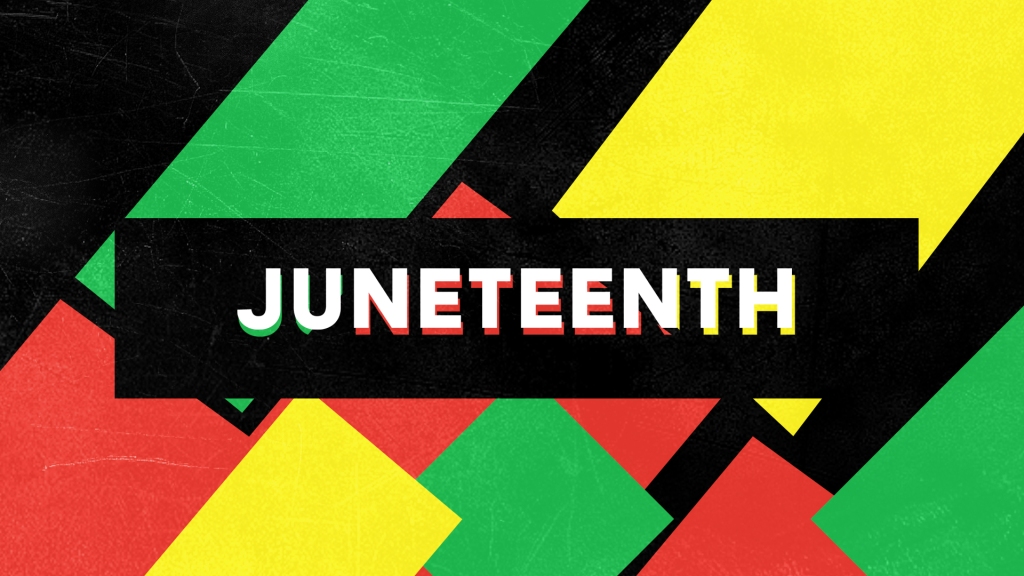Source: Radio One Digital
President Abraham Lincoln’s Emancipation Proclamation, which ended the legal practice of slavery, went into effect on January 1, 1863, a reluctant move on his part that satisfied the wants of abolitionists. On June 19, 1865, enslaved Blacks in Texas were finally alerted that they were freed and thus, Emancipation Day, better known as Juneteenth, was born.
Lincoln’s path to signing the proclamation was wrought with barriers that were mostly political, if not racially motivated. Slavery was a big business and with the Union victorious over the southern Confederate states, there was some resentment for the North’s desire to do away with one of its best money makers in slavery. Lincoln treaded carefully but signed the law in 1862 before it went into effect.
On that day in 1865, Union troops made their way to the coastal city of Galveston, Texas. The state was, like many southern and non-battleground states, was resistant to ending slavery. However, the law of the land prevailed and the slaves being held in bondage finally enjoyed true freedom. But as expected, the newly emancipated were given their “Freedom Day” with a bit of a warning.
From Union Army Gen. Gordon Granger:
The people of Texas are informed that, in accordance with a proclamation from the Executive of the United States, all slaves are free. This involves an absolute equality of personal rights and rights of property between former masters and slaves, and the connection heretofore existing between them becomes that between employer and hired labor. The freedmen are advised to remain quietly at their present homes and work for wages. They are informed that they will not be allowed to collect at military posts and that they will not be supported in idleness either there or elsewhere.
From that point, Juneteenth became a moment of pride and togetherness for Blacks in Texas and across the south. The celebration eventually spread to other states and cities, primarily in rural areas before expanding wider. Today, 45 states recognize Juneteenth as a holiday. Celebrated Black writers Maya Angelou and Ralph Ellison both have centered their work on the holiday as well.
In 1992, Geto Boys rapper Wille D’s “U Still a aggiN” references the holiday, although not positively.
“Mama’s outside, barbecuing ribs and links/It’s Juneteenth, but to me it don’t mean stink/It’s a day of emancipation, but everybody wonder why Willie ain’t celebrating/But things ain’t perfect, I’m looking beyond the surface/So instead of drinking beer, and playing Dominoes/I’m sitting in the room with my eyes closed, Willie rapped.
Learn more about the holiday here.
—
Photo: Getty
MORE JUNETEENTH NEWS:
The History Of Juneteenth Explained was originally published on woldcnews.com
[UPDATE] Joseline Hernandez ARRESTED After Her Own TKO On Former “Cabaret” Co-Star At Mayweather/Gotti Fight
Rest In Power: Notable Black Folks Who We’ve Lost In 2023
Jacky Oh, Mother Of DC Young Fly’s Children, Dies Following Plastic Surgery: Report
Charges Dropped Against Cops Who Dumped Black Woman’s Body In Dumpster, Then Set It Ablaze
Anita Baker Drags Babyface & His Fans On Twitter Following Concert Debacle
Offset Exposes Cardi B’s Buns via Instagram Story
Floyd Mayweather Vs. John Gotti III Ends in Complete Havoc [WATCH]
Joseline Hernandez Went Full Muy Thai On Big Lex After Mayweather-Gotti Fight

